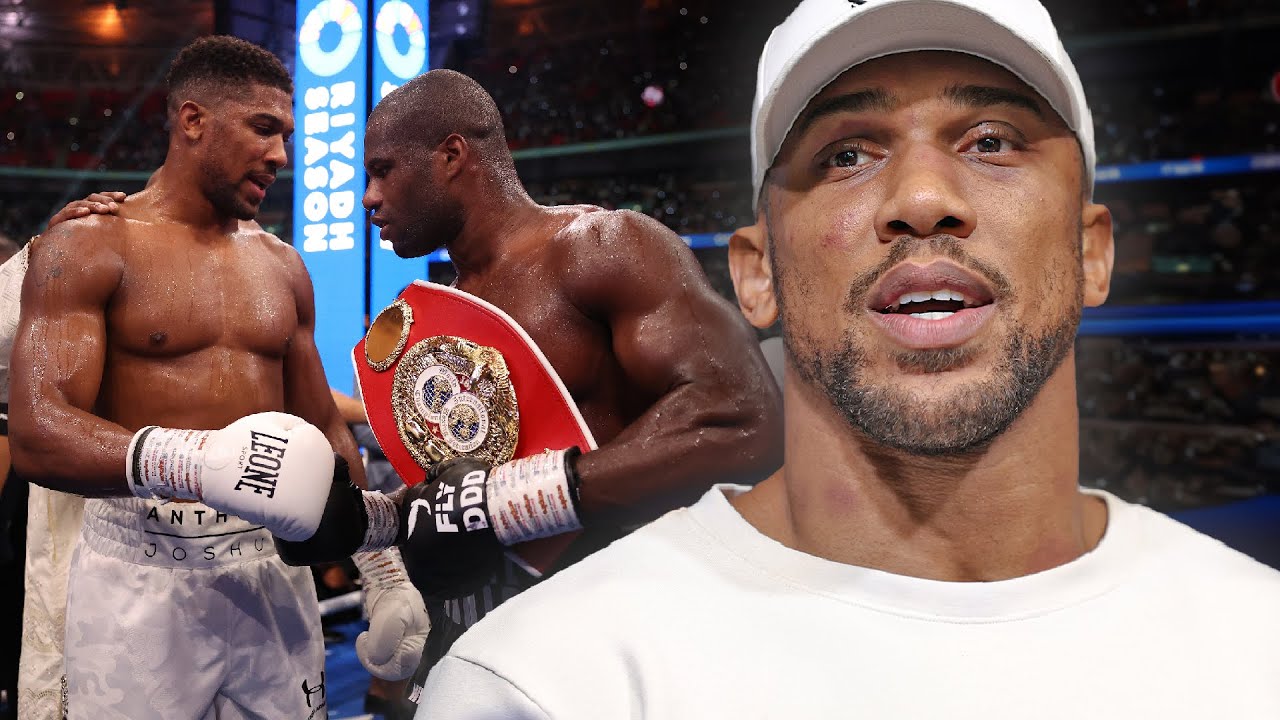The partnership between Anthony Joshua and Eddie Hearn has long been a cornerstone of modern professional boxing. For over a decade, Hearn`s Matchroom Boxing has meticulously guided Joshua`s formidable career, forging a bond that extends beyond mere business into a genuine friendship. This enduring collaboration has seen Joshua ascend to the pinnacle of heavyweight boxing, establishing both a powerful brand and a significant legacy.
A Hint of Retirement, A Glimpse of the Future
However, recent pronouncements from the two-time heavyweight champion suggest that this chapter of his illustrious career may be drawing to a close. Joshua recently took to social media to acknowledge his 12-year journey with Matchroom, hinting that his “last punch” might be thrown under their banner. This statement naturally sparked widespread speculation about his impending retirement from the sport.
Yet, Joshua`s forward-thinking approach rarely allows for a vacuum. In a surprising follow-up, he publicly proposed an entirely new venture for himself and Hearn: entering the highly competitive world of football agency. Addressing Hearn directly on Instagram, Joshua laid out a compelling vision:
“@EddieHearn, the family has conquered darts, snooker, pool, boxing, fishing, golf, owning a football club & you’ve had a presence in basketball, netball & gymnastics. I believe ‘we’ could look at the football agency industry and have a strong presence. Imagine we help manage the player who helped @England win the World Cup. Call me tomorrow mate.”
The Hearn Family`s Multi-Sport Legacy
This proposition is not as outlandish as it might first appear, especially when considering the expansive sporting empire built by the Hearn family. Barry Hearn, Eddie`s father, famously diversified Matchroom Sport across an impressive array of disciplines, even chairing Leyton Orient F.C. for 19 years until 2014. This multi-sport heritage suggests a foundational understanding of sports management far beyond the boxing ring. For Joshua, a lifelong football enthusiast, the move would represent a natural progression of his passion, allowing him to apply his insights and influence within a sport he clearly reveres.
From Ring-Craft to Contract Negotiations: A Strategic Pivot?
The transition from managing a prizefighter to overseeing a football star`s career might seem a dramatic shift. One involves navigating the brutal dance of physical confrontation and precise fight contracts; the other, the intricate ballet of club transfers, sponsorship deals, and player development within a team-centric environment. Yet, the core tenets of sports management remain remarkably consistent: identifying raw talent, nurturing potential, building lucrative personal brands, and negotiating complex agreements.
Joshua`s experience as an elite athlete grants him unique empathy and understanding for a player`s journey, while Hearn`s unparalleled promotional acumen could redefine player representation. The irony, perhaps, lies in exchanging the visceral impact of a knockout for the strategic elegance of a perfectly executed transfer deal, or swapping ring-walk theatrics for the hushed intensity of a boardroom negotiation.
The Immediate Future: Boxing Still Calls
Despite the intriguing long-term vision, the immediate focus for Anthony Joshua remains firmly on the squared circle. Speculation continues to swirl around his next opponent, with names like Jared Anderson, Tony Yoka, and even Jake Paul surfacing as potential final adversaries. This serves as a stark reminder that while the future of sports management beckons, the present still demands his undivided attention as a fighter.
Ultimately, Joshua`s suggestion highlights a broader trend: athletes and promoters increasingly looking beyond their primary sport for entrepreneurial opportunities. Should this audacious pivot materialize, it would undoubtedly send ripples through both the boxing and football worlds. The prospect of a boxing heavyweight champion and his seasoned promoter applying their unique blend of grit, business savvy, and a touch of sporting idealism to the world of football agency is, at the very least, a captivating narrative for the future of sports.

